Police unravel market where babies are bought, sold as commodities
Updated: 2016-01-25 07:47
By Xinhua(China Daily)
|
||||||||
The rescue of 15 infants from a child-trafficking gang by 78 police officers has drawn attention to poverty and lack of legal awareness in the country's poorest regions.
The infants, the youngest only four days old, have been sent to welfare institutions for temporary placement. Most hail from the Liangshan Yi autonomous prefecture in Southwest China's Sichuan province.
Blood samples of the 15 infants have been taken to help identify their parents through a national DNA database. Most of the infants were sold voluntarily by their parents, according to Chen Shiqu, director of the anti-human-trafficking office of the Ministry of Public Security.
"Poverty has always been a strong motivation for parents to sell their babies," Chen said.
In 2013, Liangshan had 13.5 percent of its population, or about 600,000 people, living below the national poverty line, defined as annual per capita net income of 2,736 yuan ($415).
Exchanging children for money is illegal, but couples living in remote areas are just "too poor and too numb" to comprehend the law, Chen said.
A police investigation found that parents might receive 20,000 yuan for a baby boy, two to three times the typical annual income of a family. Traffickers can sell boys for 50,000 to 60,000 yuan, while girls have been sold for between 20,000 and 30,000 yuan.
In the joint police operation with officers from Sichuan and Shandong provinces, a couple were discovered to have traveled frequently with infants from Liangshan to Linyi, Shandong province, returning empty-handed.
Police said the woman purchased infants from parents in poor villages and recruited other women, who pretended to be mothers, to transport the babies by train.
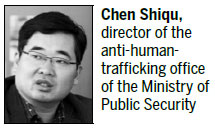
The couple even arranged for pregnant women to deliver their babies at the homes of buyers.
Lack of awareness of the law has contributed to the problem.
"They believed they were doing the infants a favor by sending them to grow up in a better environment," a local civil servant said.
By 2012, police found cases had dwindled substantially due to a combination of poverty alleviation and a tough law enforcement crackdown.
To lift people out of poverty, the Sichuan provincial government introduced a package of poverty alleviation policies. Highways connecting mountainous Liangshan and neighboring cities are being built, paving the way for development.
(China Daily 01/25/2016 page4)
- 2 Chinese nationals killed, 1 injured in suspected bomb attack in Laos
- New York, Washington clean up after fatal blizzard
- 'Plane wreckage' found in Thailand fuels talk of missing Malaysian jet
- Washington shuts down govt, NY rebounds after blizzard
- 7 policemen, 3 civilians killed in Egypt's Giza blast
- Former US Marine held in Iran arrives home after swap
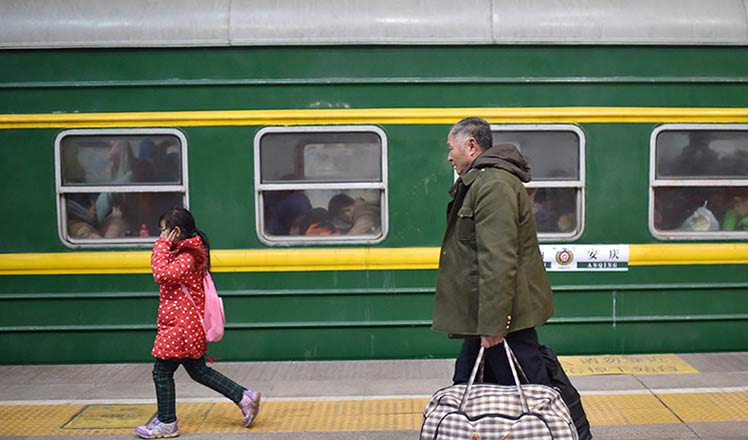
 First trains of Spring Festival travel depart around China
First trains of Spring Festival travel depart around China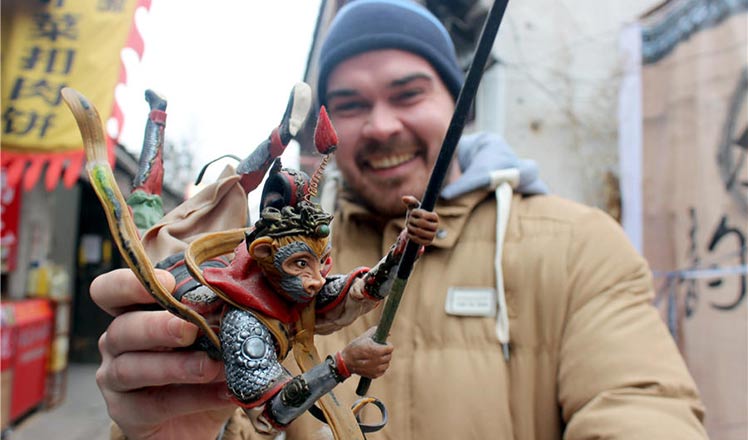
 Dough figurines of Monkey King welcome the New Year
Dough figurines of Monkey King welcome the New Year
 Ning Zetao, Liu Hong named China's athletes of the year
Ning Zetao, Liu Hong named China's athletes of the year
 Top 10 smartphone vendors based on market share in 2015
Top 10 smartphone vendors based on market share in 2015
 Snow scenery across China
Snow scenery across China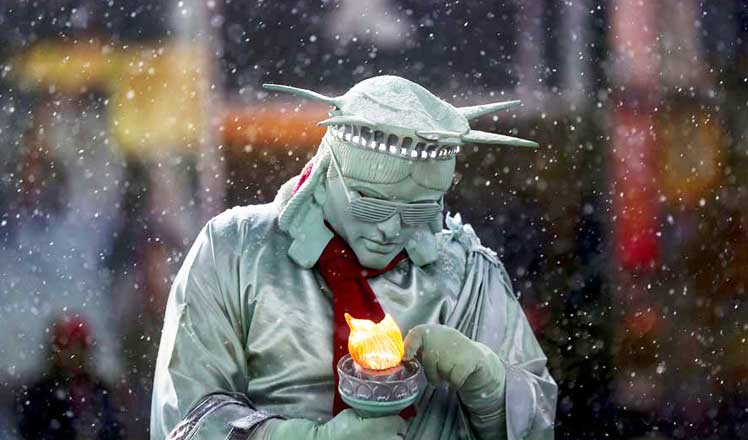
 Storm grips New York after dumping 2 feet of snow on Washington
Storm grips New York after dumping 2 feet of snow on Washington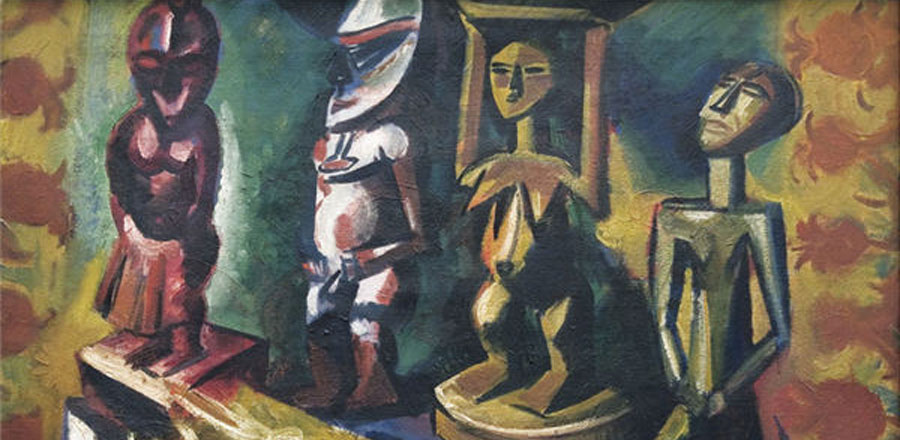
 Art exhibitions in 2016 worth seeing
Art exhibitions in 2016 worth seeing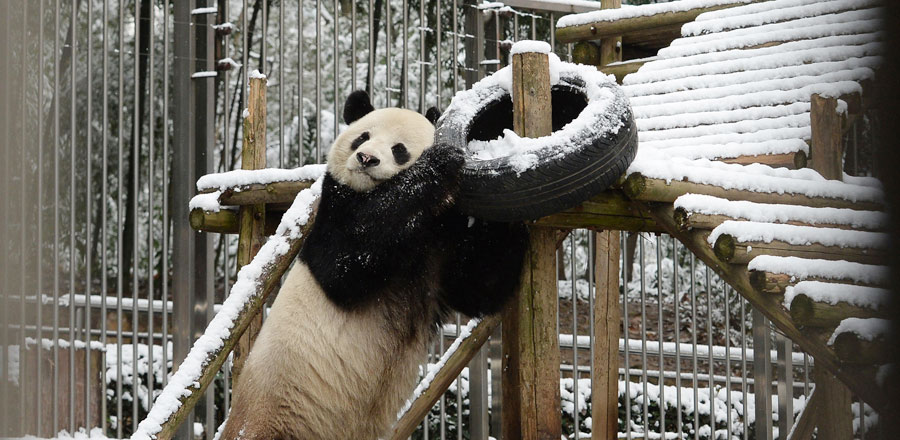
 Winter flexes its muscles as cold snap makes its way
Winter flexes its muscles as cold snap makes its way
Most Viewed
Editor's Picks

|

|

|

|

|

|
Today's Top News
National Art Museum showing 400 puppets in new exhibition
Finest Chinese porcelains expected to fetch over $28 million
Monkey portraits by Chinese ink painting masters
Beijing's movie fans in for new experience
Obama to deliver final State of the Union speech
Shooting rampage at US social services agency leaves 14 dead
Chinese bargain hunters are changing the retail game
Chinese president arrives in Turkey for G20 summit
US Weekly

|

|







